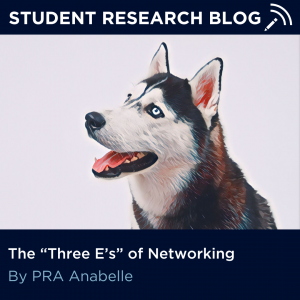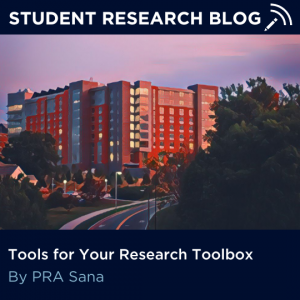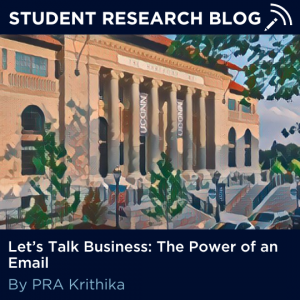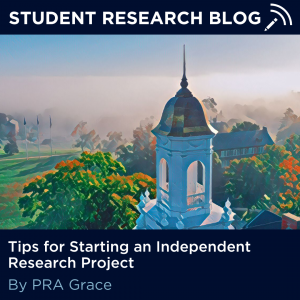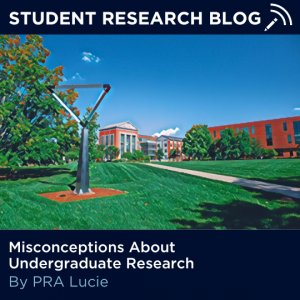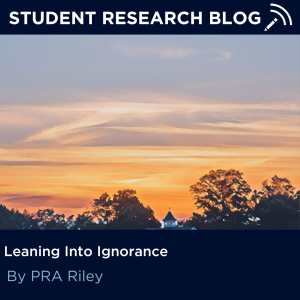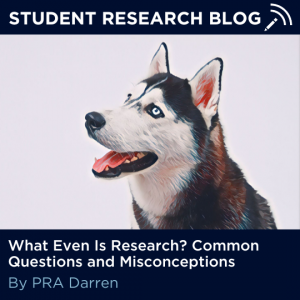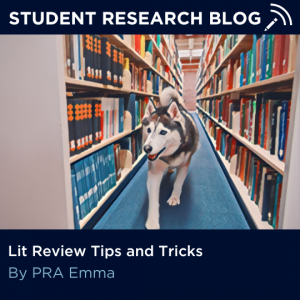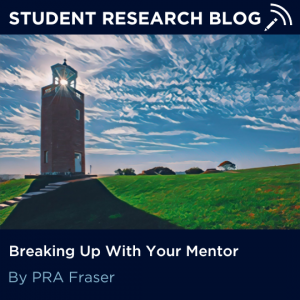By Emma Beard, Peer Research Ambassador
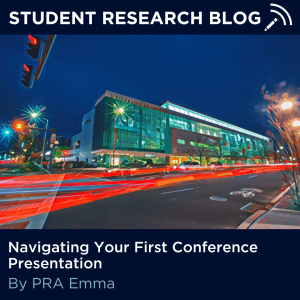 Presenting your work is one of the most important skills a researcher can learn. One of the best ways to practice this skill and share your work with a large audience is attending a research conference. I had the opportunity to present my research at Cell Bio 2023, the American Society for Cell Biology’s annual meeting, in Boston this past December. Getting to present a poster at such a large conference was an incredible experience, but there were a few things I wish I had known going into the meeting that I hope others can learn from to make the most of their conference participation!
Presenting your work is one of the most important skills a researcher can learn. One of the best ways to practice this skill and share your work with a large audience is attending a research conference. I had the opportunity to present my research at Cell Bio 2023, the American Society for Cell Biology’s annual meeting, in Boston this past December. Getting to present a poster at such a large conference was an incredible experience, but there were a few things I wish I had known going into the meeting that I hope others can learn from to make the most of their conference participation!
1. Know your audience, especially when they are familiar with your field
This point may seem self-explanatory, but it was something I was unprepared for. Before Cell Bio 2023, I had only ever presented my research at poster sessions for UConn undergraduates like Frontiers. These events helped me develop skills in designing posters (maybe link https://ugradresearch.uconn.edu/wp-content/uploads/sites/323/2014/02/Poster-Preparation.pdf) and speaking about my research (maybe link https://ugradresearch.uconn.edu/wp-content/uploads/sites/323/2014/02/Poster-Prepare-Yourself.pdf), but since Frontiers is open to all fields of research, the way I presented was tailored to an audience less familiar with cell biology.
National or international conferences usually have a more specific focus. Cell biology is a very broad field, so not everyone was familiar with my research, but I was very excited to have a few people who worked in similar areas visit my poster! The only problem was that I had only practiced one version of my presentation that was geared towards a general cell biology audience. Whenever I gave this talk to someone in a similar field, they had many specific questions at the end that I likely could have addressed during the presentation if I had known their background. I think it would be helpful to get to know more about the people visiting the poster first to get a sense of their background, and also practice including or omitting specific details in the presentation based on each person’s research interests. Continue reading
